An answer for cancer? Brave pioneer Richard Scolyer sees promising results
The Australian of the Year nominee who offered himself as a test subject for an experimental brain cancer treatment has had some encouraging results.

The Australian of the Year nominee who offered himself as a test subject for an experimental brain cancer treatment has had some encouraging results.
Following his latest round of screenings, just four days away from the Australian of the Year award ceremony, Professor Richard Scolyer has now gone eight months without a recurrence of the glioblastoma.
The pioneering cancer scientist is known for his work in melanoma treatment at the University of Sydney’s Melanoma Institute.
When he received a diagnosis of Grade 4 glioblastoma in June last year, he offered himself up for an experimental new treatment, becoming the first person to ever receive a brain cancer vaccine.
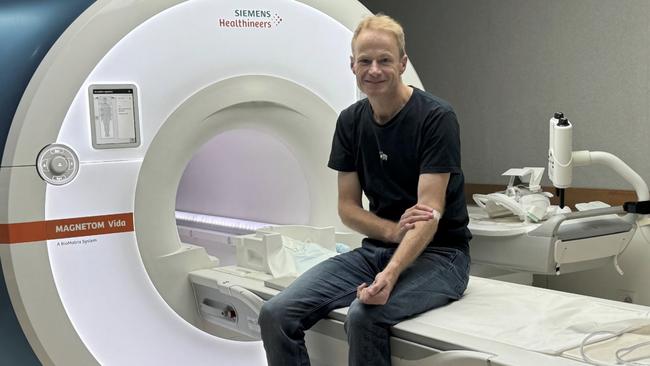
Dr Scolyer himself described it as a “no-brainer”.
“Unfortunately for me, I’ve got the worst of the worst, and it always comes back,” Dr Scolyer said.
“The standard (return time) is six months, and now I’m out to eight months.
“So it makes me very thrilled and happy that I can continue on with my enjoyable parts of my life and not the sort of nasty or fearsome things that are likely to happen down the track.”
Posting on January 22, Professor Scolyer reported that his combination of vaccination, immunotherapy and radiotherapy treatments seemed to be effective, with no detectable tumours in his PET scan.
Guiding his treatment was long-time colleague Professor Georgina Long, who synthesised a personalised brain cancer vaccine designed around his tumour’s DNA and RNA.
“We’ve generated some incredible scientific data,” Professor Scolyer said.
“It fills you with more hope that this is a form of therapy that’s worth pursuing for future brain cancer patients.
“My life will make a big difference. I know it’s already changed the field for brain cancer, and it will do more.” Glioblastoma patients generally have six to nine months to live after diagnosis, with standard treatment and survival rates unchanged in the last 20 years.
It remains the most deadly type of brain cancer.
“I have an incredible team of people that I work with … and we understand these drugs.
“We’ve dealt with side effects, all of it,” he said.
“People were worried that it would kill me sooner, or it would give me permanent side effects that would ruin the rest of my life.
“There’s a chance of those, but they’re not as high as people were worried about, in my view, and thankfully they haven’t panned out like that.
“I’m incredibly proud of the work our team has done to transform this cancer and the impact it’s having.
“Being able to apply some of our learning in melanoma to brain cancer – I’m proud that we’re doing it.”
The Australian of the Year award ceremony is held on January 25, with the award bestowed in Canberra and televised nationally.


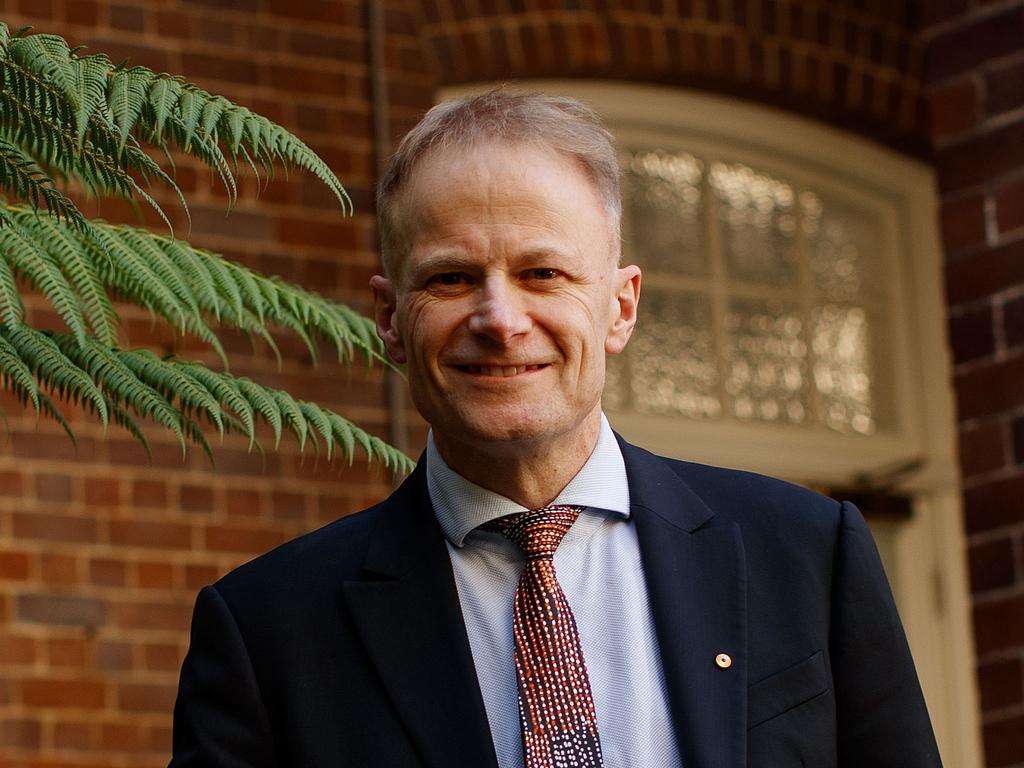
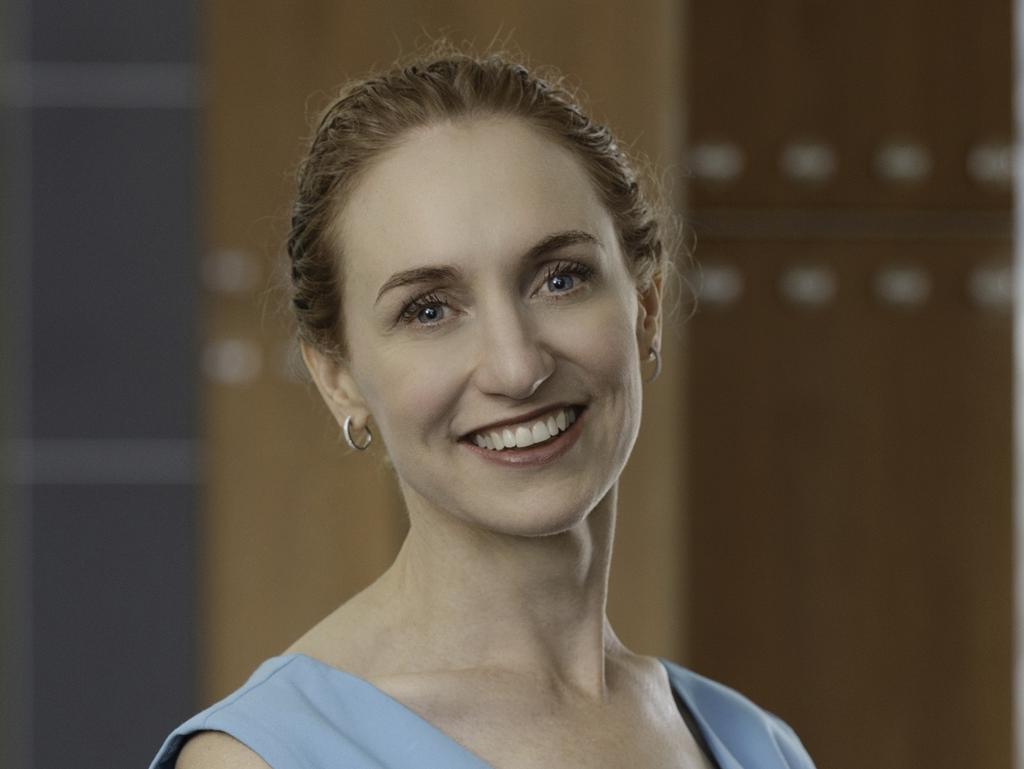

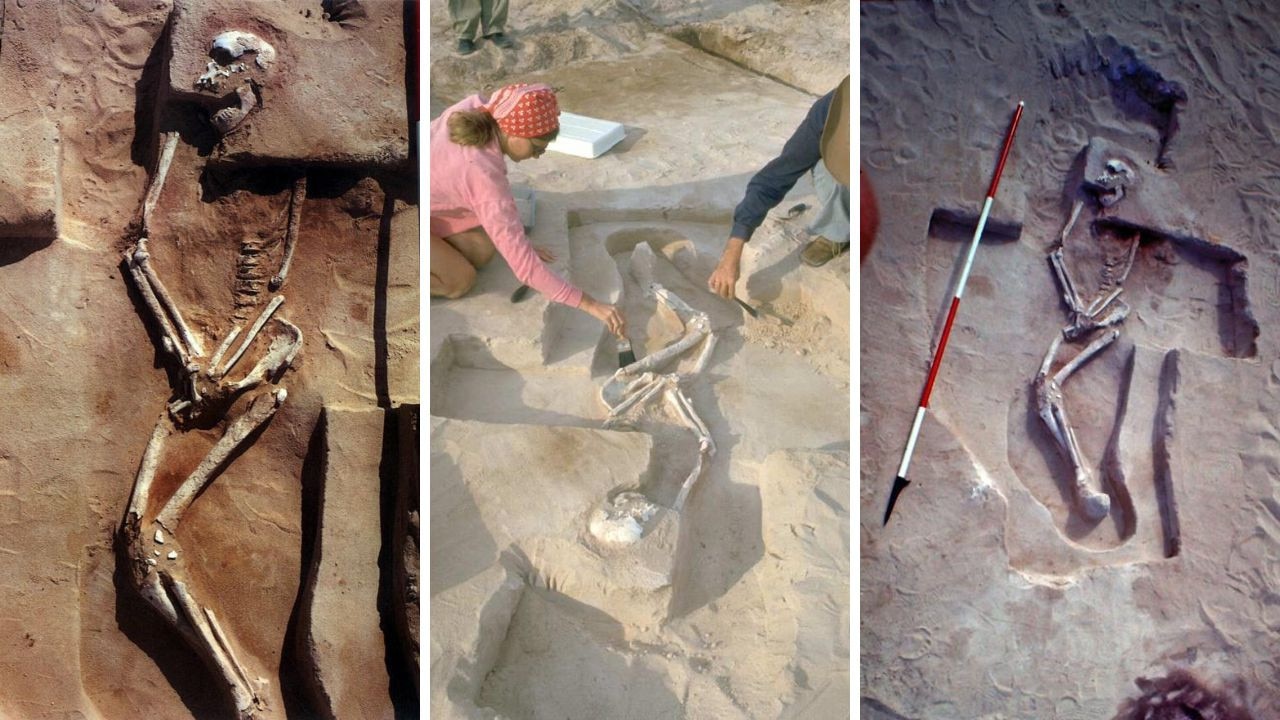
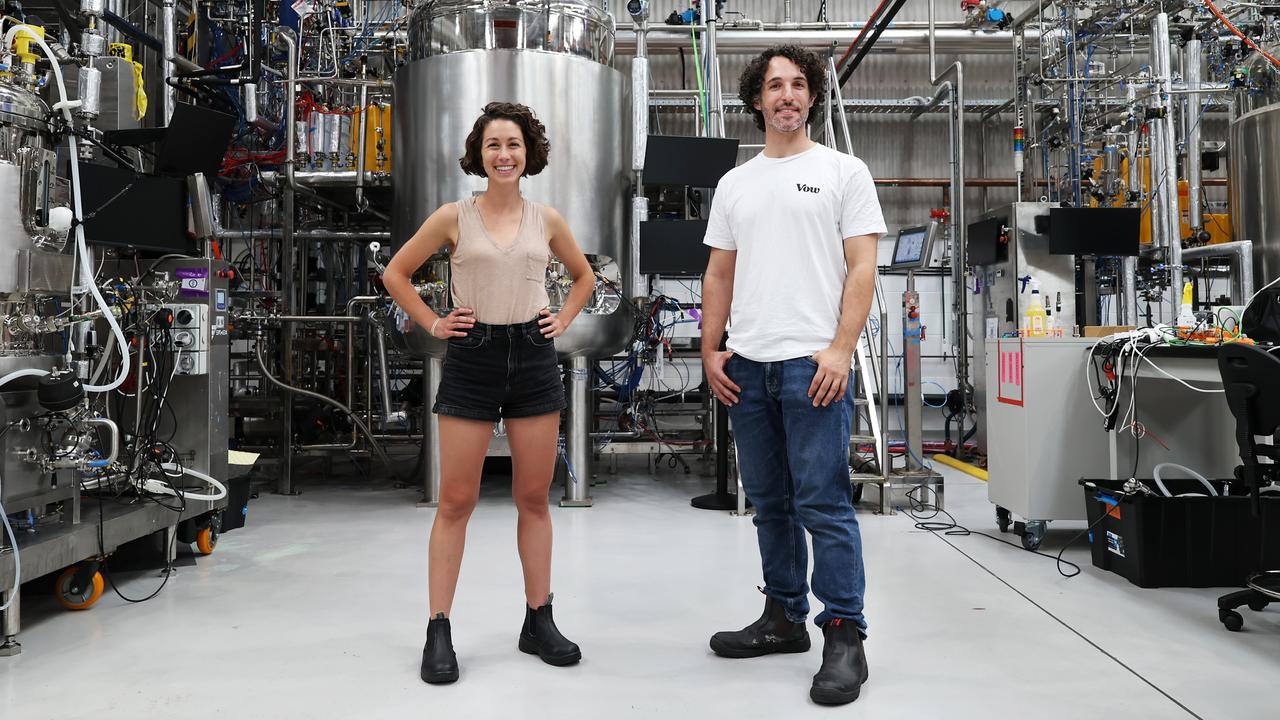
To join the conversation, please log in. Don't have an account? Register
Join the conversation, you are commenting as Logout